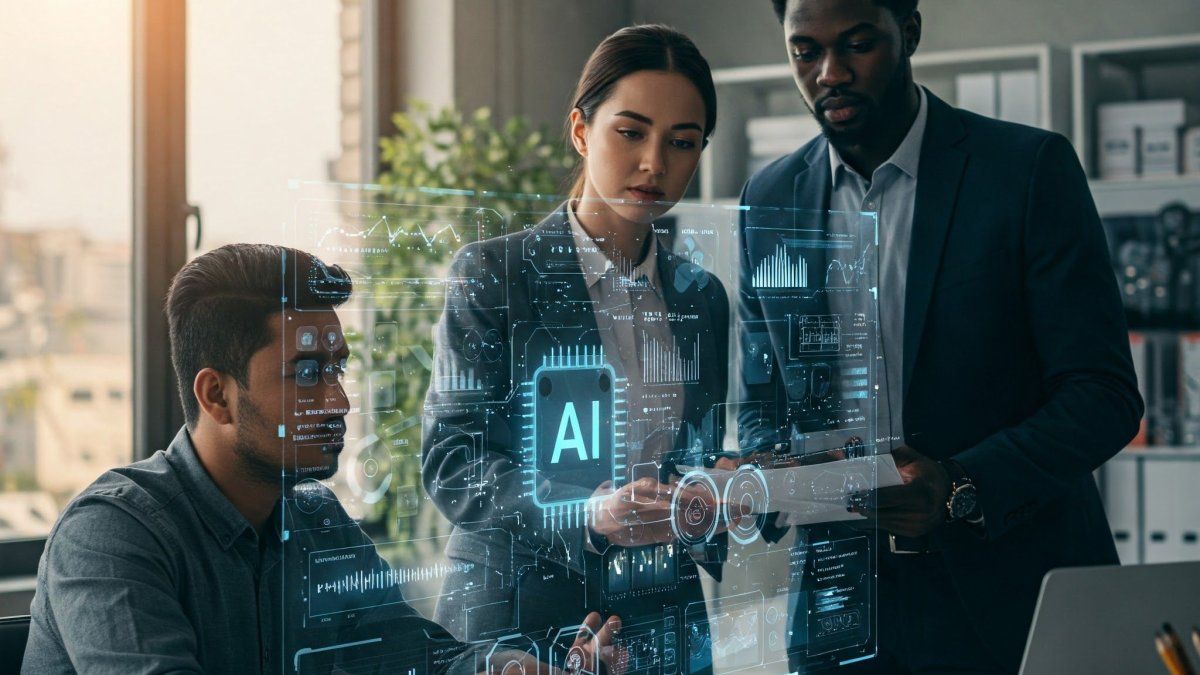The 21st century forces us to rethink employment not only from efficiency, but from dignity, creativity and the differential value that each person can contribute to digital homogenization. The Artificial intelligence He did not come to replace us, came to challenge us: To find what cannot be replicated by any machine, the only thing truly scarce in this new era: criteria, empathy, ethics and strategic vision.
We do not repeat what the machine says. We do not load information as if we were biological servers. The true human difference is not in the volume of data we handle, but in the ability to interpret, decide and act meanly. A machine can be fed with millions of data, but lacks consciousness, intention, ethics, intuition, and emotional context. The future competitive difference is in the irreducibly human.
AI can generate a legal opinion in seconds, but cannot calibrate the political opportunity to present it, nor anticipate its emotional effect on a judicial negotiation. You can select a candidate, but you cannot feel the social impact of that choice.
From the philosophy of work, the working subject is not only a productive force: it is also a creative will, an interpreter of reality, someone who transforms not only the subject, but the meaning of what it does. AI does not make meaning. It produces correlations.
In technical terms, this translates into a priority investment in:
- Critical judgment (Critical Thinking)
- Context Ethical Reading
- The unpredictable management
The German philosopher Byung-Chul have explained it to this: “Artificial intelligence does not make mistakes. But just because of that it cannot generate the new. Because the error is human, and that is where the invention is born.”
The investment should not be competing with AI, but to deepen what differentiates us from it.
The worker of the future must become more human than ever: more intuitive, more ethical, more empathic, more creative. Who tries to replicate what an AI does will be marginalized; Whoever enhances what AI can never do – feel, decide with meaning, connect – will be indispensable.
Therefore, the great training investment must be in deep soft competitions: ethical leadership, interpersonal communication, divergent thinking, moral analysis, contextual reasoning.
This requires a new pedagogy of work, a new ethic of talent and a public policy of humanizing, non -technocratic training. Because even the best AI, fed by the best data, remains a soul -free calculator. The human, on the other hand, is a purpose. And the purpose is not programmed, it is built.
Faced with a future that is already among us, this work analyzes the real challenges imposed by artificial intelligence on employment, training, ethics and regulation, and proposes a propositive, bold and with a humanistic root look.
AI is not science fiction. It is a specific tool that is already reconfiguring jobs, eliminating traditional positions and creating new functions that require completely different skills. We are not losing work, we are losing employability. And that is the true battle to be given so as not to stay outside.
Source: Ambito
David William is a talented author who has made a name for himself in the world of writing. He is a professional author who writes on a wide range of topics, from general interest to opinion news. David is currently working as a writer at 24 hours worlds where he brings his unique perspective and in-depth research to his articles, making them both informative and engaging.




